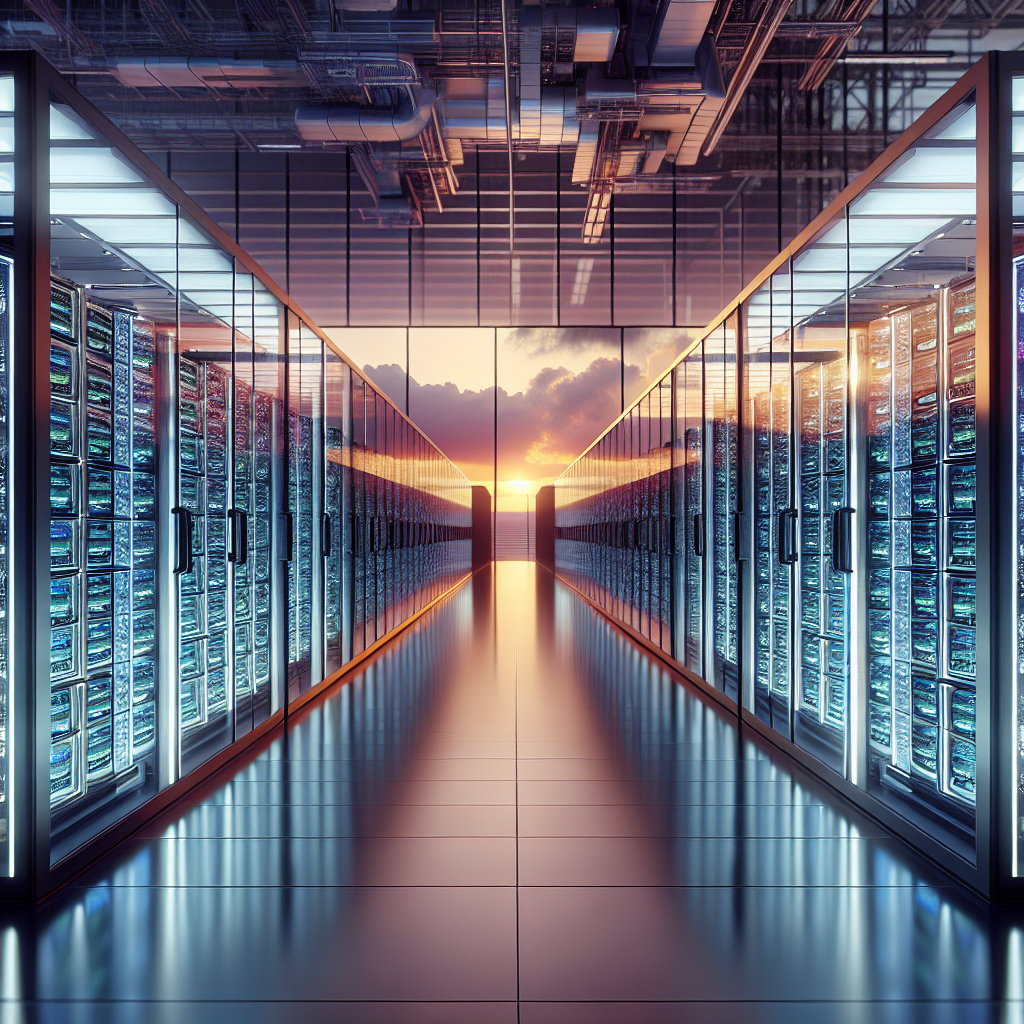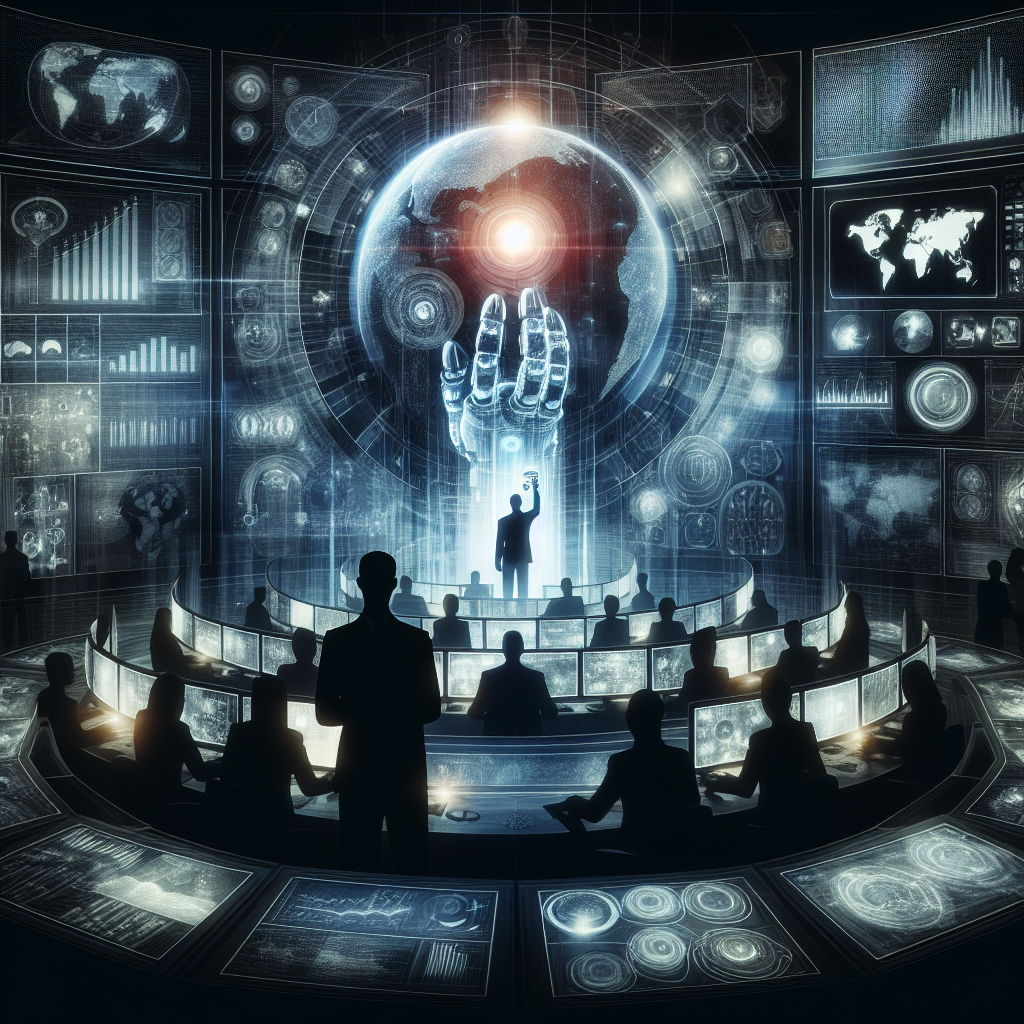Seattle’s burgeoning technology sector, long celebrated for its significant contributions to software and cloud computing, is now pioneering into more ambitious arenas, specifically the realms of space exploration, fusion energy, and advanced battery technology. This new trajectory is reflected through a surge in venture capital interest and investment, signaling a bold paradigm shift for the region’s innovation landscape.
Encouraged by the pioneering spirit of local entrepreneur-led companies such as Zunum Aero, which is making strides in electric aircraft technology, and Helion Energy, which is chasing the elusive promise of nuclear fusion, the Seattle-area startup ecosystem is experiencing a significant shift away from its traditional tech roots. This diversification is further enriched by firms like CityBldr and Algorithmia, which continue to push forward in software and AI sectors, ensuring a multi-faceted growth landscape for the region.
These companies are not only breathing new life into Seattle’s economic framework but are also attracting a fresh wave of venture capital investments. According to the GeekWire article “New frontier for Seattle startups: Space, fusion, and battery companies buoy region’s VC activity”, these sectors saw a noteworthy influx of funds which is setting the stage for more sustained growth across non-traditional industries.
‘Space is becoming a realistic extension of our entrepreneurial canvas, not just a sci-fi fantasy,’ a sentiment a local entrepreneur shared during an interview, captures the forward-thinking ethos that seems to be driving this new phase. Companies are increasingly focusing on technologies that could lend to sustainable energy solutions, and economic models that extend beyond Earth.
Seattle’s venture into these high-stakes arenas like space and fusion energy matches a global trend where regions are leveraging their historical strengths to diversify their economic base. This is evident in places like Silicon Valley and Boston where the local tech ecosystems have similarly begun to support ventures in biotech and renewable energies, suggesting a broader pattern of technological convergence and industry cross-pollination.
The push into these new areas is not without its challenges, including high entry barriers and significant research and development costs. Additionally, the transition from a startup to a full-fledged industry leader in such high-tech fields is fraught with risk. Yet, the concentration of tech expertise in Seattle, coupled with supportive venture capital funding, suggests a promising foundation for future growth.
Venture capitalists and industry analysts alike are keeping a keen eye on the region’s evolving dynamics. The enthusiasm for these new sectors underscores a prevalent belief in the long-term economic benefits and the overarching need for innovative solutions to global challenges like climate change and energy scarcity.
Seattle’s story of transformation from a primarily software epicenter to a hub for space and fusion innovation illustrates a broader narrative in the tech industry: a relentless pursuit of revolutionary ideas that stretch the very boundaries of imagination and practicality. It is a compelling reminder that in the world of technology and innovation, the next big idea could be just around the corner—or perhaps a galaxy away.



